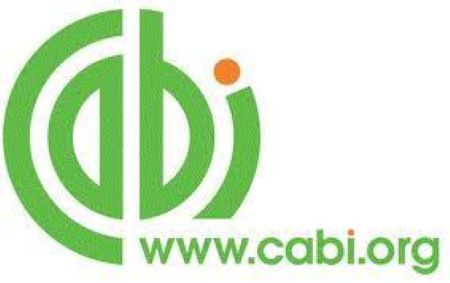ASHENEWS reports that the Centre for Agriculture and Bioscience International (CABI) in Zambia has organized a dialogue between the media and scientific community in order to bridge the communication gap between journalists and scientists. This initiative aims to enhance science communication and stimulate positive action among key stakeholders to support evidence-based science.
By Alfonso Kasongo
The panellists include Lusaka-based prominent and award-winning journalists, Arthur Sikopo and Juliet Makwama. Joining them are Dr. Noah Manda, a cassava breeding researcher at the International Institute of Tropical Agriculture (IITA), and Dr. Andela Kangwa, a nutrition specialist and SPS-food safety scientist at CABI Zambia.
Veronica Mwaba, a relentless advocate for science communication and founder of the Dziwa Science and Technology (DSaT) initiative, has been emphasizing the need for enhanced collaboration between the media and scientists. She explained that such partnerships are crucial in fostering science communication and have the potential to trigger the adoption of evidence-based solutions.
ALSO READ 2024 VALUE4HER WAYA: AGRA unveils top 15 finalists, judges
Mwaba highlighted that the outbreak of the COVID-19 pandemic underscored the need for science journalism in the country. She stated that journalists in Zambia must develop a passion for science reporting to ensure public health coverage and enhance collaboration with researchers.
“Science journalism brings together researchers, science journalists, academia, the public, and key industry players to highlight possible local evidence-based science solutions to the challenges the country faces,” Mwaba said.
Mwaba, a graduate of the script training course ‘Science Communication Skills for Journalists,’ recently won a $19,782 Rapid Grant Fund to promote science journalism in Zambia. “The fund came at a time when the country was still struggling to contain the COVID-19 pandemic. Therefore, there is a need to orient journalists to report on public health effectively,” she added.
Through ‘The Linking Science Society to Better Lives’ project, DSaT has trained over 100 journalists across the country in COVID-19 reporting. This effort aims to ensure accurate and effective communication of scientific information to the public, ultimately enhancing the country’s response to health crises and other scientific challenges.



1 Comment
Good for us, we have been waiting for such